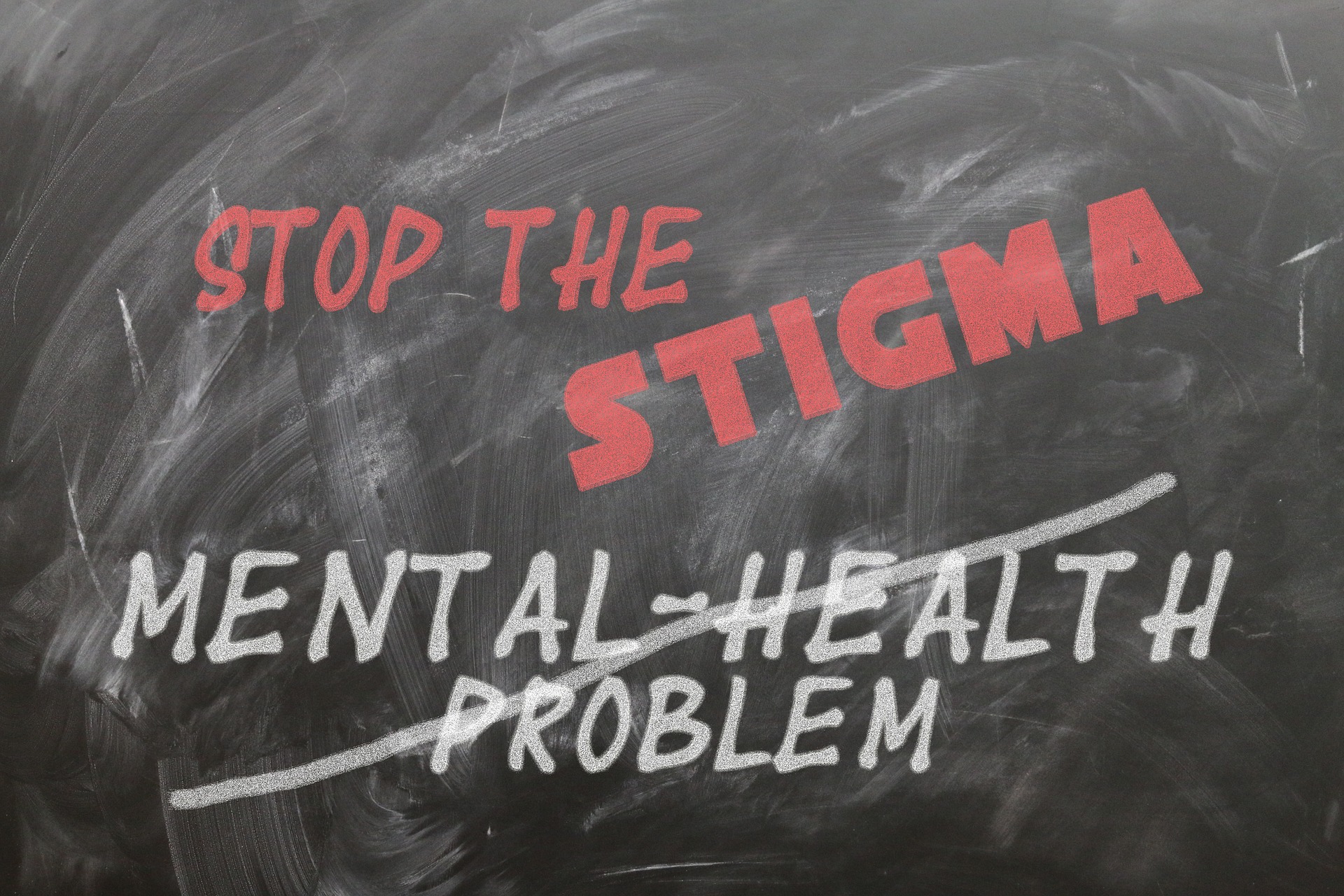
“I like this restaurant,” my eight-year-old son politely explained as we ate dinner with friends. “The other one was loud. It didn’t help my anxiety.” He then went on to discuss how much more sense his thoughts make now that he’s on medication. When he left with my husband to use the bathroom, my friend took the opportunity to scoot a little closer to me and ask a question I could see rolling around in her head the minute my son started talking. “Do you really think it’s a good idea to speak so openly about what’s wrong with him?”
This isn’t usually the type of blog I write, but every now and then, I do journey into the personal instead of the professional, and I’ve decided this is a good time to do that.
There’s a lot of mental illness hanging around in my family. I suffer from depression and anxiety and ADHD, and I’m just discovering now, I may have some sensory processing issues. My son inherited pretty much all of this from me and my husband. I also suffer from scoliosis and migraines, and have mild asthma. And just like I wouldn’t hide that from people who know me, I don’t hide the other stuff either.
It’s odd how we seem to have no problem openly discussing physical issues. “I’m sorry, I can’t come out today. I have a migraine,” rolls off the tongue a lot easier than, “Sorry, I can’t come out today. My anxiety is on high and I don’t really think I could handle being around a lot of people.” People don’t accept both in the same way.
But truly, they are the same. There are some things we can’t control. Mental illnesses are caused by chemicals in our brains. So, while they don’t present themselves as physical illnesses, they are actually caused by traceable physical issues.
So, let’s talk about the question my friend asked. I get her asking it. Some people are just uninformed about this sort of thing, and I’m grateful she didn’t ask in front of my son. She seemed to truly understand when I explained it to her (or she humored me REALLY well), so this isn’t some kind of sub-blog hate post or anything. We’re cool.
What it is, however, is me realizing there may be a question worth answering, a question many people may also be asking.
I’m really straightforward with my son about what he’s going through. Not “wrong with” because that’s the wrong word. There’s nothing wrong with my son. But I explain to him the physical reasons he sometimes becomes overwhelmed, or has trouble dealing with his emotions. I’ll try to help give him the words to describe what he’s feeling, or what bothers him. I’ll help him narrow down the things he can tolerate or the things he struggles with.
I want him to accept that this is his reality, rather than trying to hide from it. I want him to learn to live with it, to cope with it. I don’t want him to be in his thirties and wondering why he sees the world differently from others.
It’s the fact that we feel like we can’t talk about these things that feeds the misinformation, the stigma, surrounding mental health. While other people have armchair psychology mental health reform debates from a safe and comfortable distance, my family struggles with such issues from our very living room.
If this country is determined to claim a need for mental health reform, frankly, something needs to be done about it. And that begins with the actual sufferers of mental illness being open about our needs, being open about how our illnesses make us feel and not being scared to discuss exactly who we are. If this is in some way unsafe or uncomfortable for the sufferer, of course they shouldn’t.
For my Logan, he is completely safe to be exactly who he is–that adorable and snarky 3rd grader who struggles with distress from loud noises, trouble focusing, a need to be perfect despite his relatively laidback parents, and a really weird vomit response to pickles. And we will do everything to help his lovable awesome self and keep him happy and safe to be exactly as he is.
